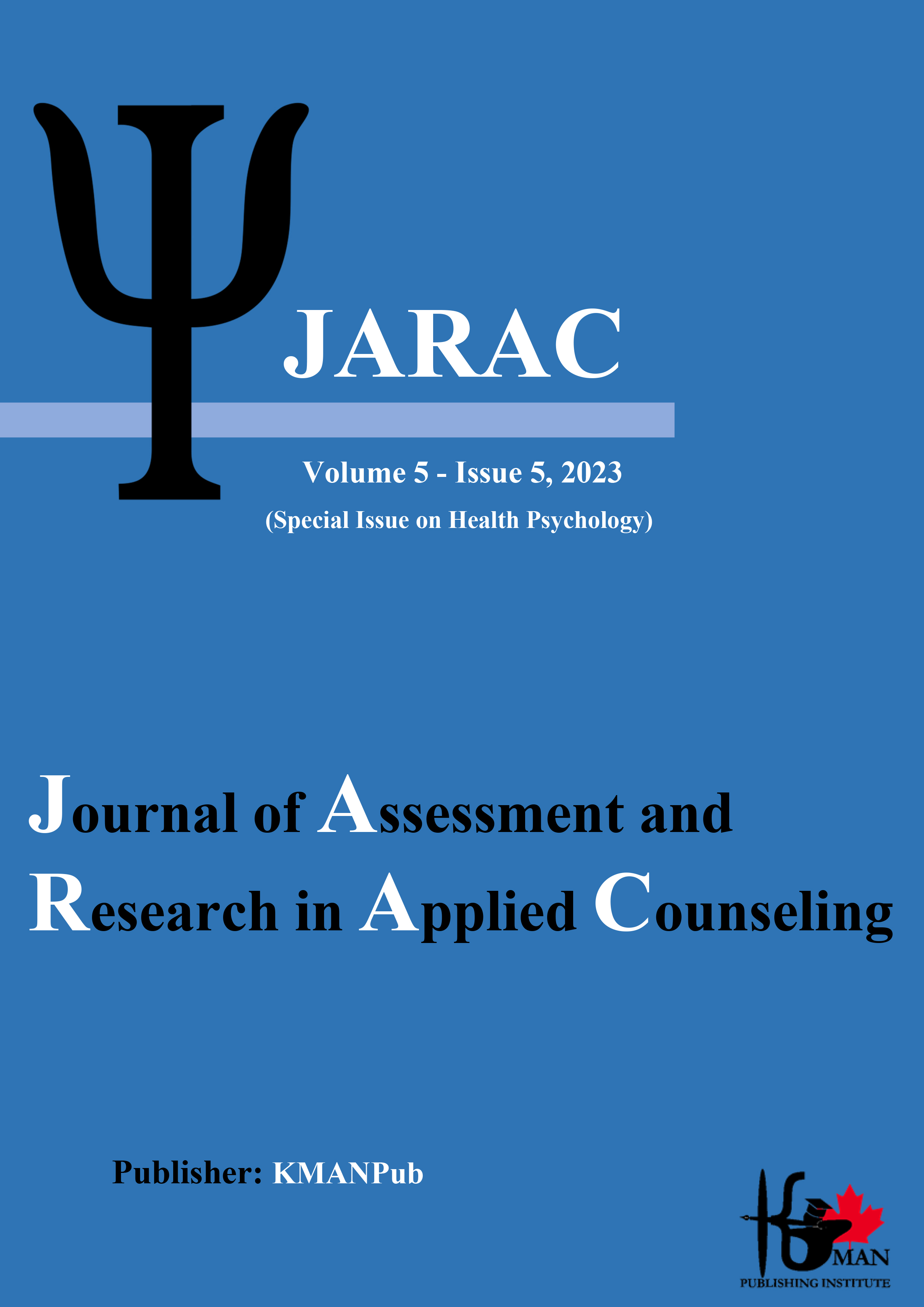Comparison of the Effectiveness of a Special Package for Women with Body Dysmorphic Disorder and Schema Therapy on Metacognitive Beliefs, Identity, and Interpersonal Relationships in Women with Body Dysmorphic Disorder
Keywords:
Body dysmorphic disorder, metacognitive beliefs, identity, interpersonal relationships, specialized package for women with body dysmorphic disorder, schema therapyAbstract
Objective: An imbalance in metacognitive beliefs is an underlying process for a deeper understanding of body dysmorphic disorder (BDD), which can lead to issues in identity styles and the establishment of interpersonal relationships. Thus, this study aimed to compare the effectiveness of a specialized package for women with BDD and schema therapy on metacognitive beliefs, identity, and interpersonal relationships among women with BDD.
Materials and Methods: A quasi-experimental study was conducted on women with BDD who visited psychological centers in Isfahan during the first half of 2022. For this purpose, 45 individuals were selected through convenience sampling and randomly divided into two experimental groups and one control group. The first experimental group received a specialized package for women with BDD, and the second experimental group underwent schema therapy for ten 90-minute sessions. The control group did not receive any intervention. Participants completed the Wells and Cartwright-Hatton Metacognitive Questionnaire (MCQ), Berzonsky Identity Style Questionnaire (BISQ), and the Interpersonal Problems Inventory (IPI) at pre-test, post-test, and follow-up stages. Data were analyzed using repeated measures analysis of variance with SPSS software.
Findings: According to the results, the special package for women with BDD effectively influenced metacognitive beliefs, informational identity, and interpersonal relationships. In contrast, schema therapy effectively influenced the confused/avoidant identity of women with BDD (P<0.05). Additionally, neither treatment had a significant impact on normative identity.
Conclusion: It is recommended that specialists consider using the special package for women with BDD to improve metacognitive beliefs, informational identity, and interpersonal relationships among women dealing with BDD. For reducing confused/avoidant identity, schema therapy may be beneficial.
Downloads
Downloads
Additional Files
Published
Issue
Section
License
Copyright (c) 2023 Elham Rasouli Jazi, Hajar Torkan, Zahra Yousefi (Author)

This work is licensed under a Creative Commons Attribution-NonCommercial 4.0 International License.















